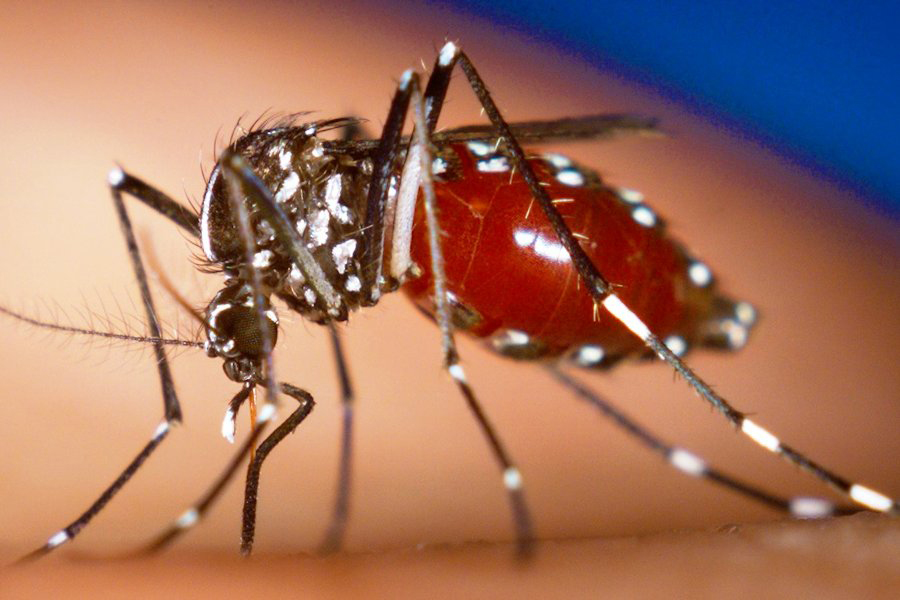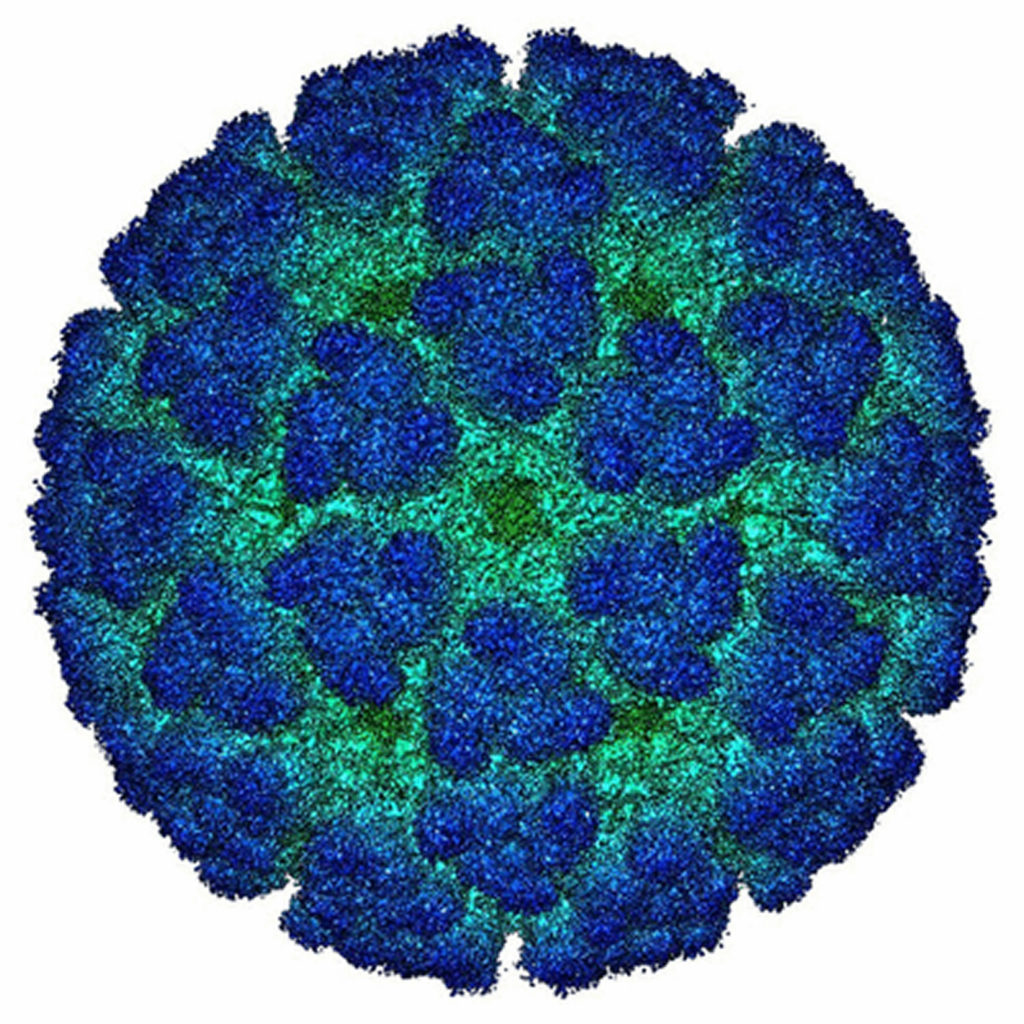Rapid test for Chikungunya fever released -Anbio Biotechnology
Anbio Biotechnology has announced the release of their Chikungunya IgM/IgG Rapid Test in response to current outbreaks of Chikungunya fever. This test provides public health authorities and doctors with a quick and easy diagnostic tool at the point of care. Timely detection and separation from other arboviral illnesses, such as Dengue and Zika, remain crucial as incidences continue to increase throughout tropical and subtropical countries.

Chikungunya is a disease caused by the chikungunya virus and spread by infected female mosquitoes.Because chikungunya symptoms are similar to those of dengue and Zika, it is easy to misdiagnose the disease and makes it more challenging for nations to ascertain the precise number of infected individuals.
Chikungunya is characterized by fever and acute joint pain, which can be incapacitating and last for a long time. Other symptoms include rash, headache, nausea, joint swelling, and muscle and joint discomfort.
Reliable qualitative identification of Chikungunya-specific antibodies in human serum, plasma, or whole blood is made possible by the test, which is based on immunochromatographic technology. With this addition, Anbio’s range of infectious disease diagnostics is strengthened, and public health initiatives to combat new epidemics are supported.

chikungunya virus
With the introduction of its new AP-100 Ultra-Fast PCR system, which aims to deliver laboratory-calibre testing capabilities straight to the point of care, Anbio is simultaneously expanding the frontiers of decentralised molecular diagnostics.”Outbreaks demand speed. The AP-100 collapses hours of traditional PCR into minutes, without compromising accuracy,” said Michael Lau, CEO of Anbio Biotechnology.
By combining high-efficiency enzymatic amplification chemistry with a sophisticated microfluidic thermal cycling system, the AP-100 allows swab samples to be processed directly without the requirement for nucleic acid extraction. It is ideal for deployment in both decentralised, point-of-care settings and centralised laboratories because to its integrated design, which simplifies sample-to-result workflows.
Key highlights:
- 15-minute PCR results from raw sample to answer
- Extraction-free workflow with no hazardous reagents
- Compact 668g device for mobile or near-patient testing
- Broad pathogen coverage, including COVID-19, Flu A/B, RSV, MP, and ADV
- Lab-comparable accuracy validated against mainstream PCR platforms
Although the AP-100 was first developed to treat respiratory infections, it is a versatile molecular platform. By adding tests for TB and HPV to its assay portfolio, Anbio is broadening its scope from quick outbreak response to long-term disease control, in keeping with its global infectious disease strategy.
“Whether it’s vector-borne fevers or respiratory pandemics, we believe diagnostics should move as fast as the threat,” Lau added.Anbio’s new generation POCT PCR technology enhances healthcare capacity in both resource-rich and resource-poor environments by combining speed, mobility, and lab-grade precision, hence improving worldwide readiness for infectious disease threats.
Anbio Biotechnology, headquartered in Frankfurt, Germany is an international in vitro diagnostics (IVD) company that offers a wide range of solutions, such as veterinary diagnostics, molecular diagnostics, immunofluorescence, dry chemistry, chemiluminescence, and quick testing. With operations in several areas, the company strives to provide access to rapid and accurate diagnostics, facilitating improved decision-making in healthcare settings across the globe, including in Hong Kong.
According to WHO [World Health Organisation], there are currently two chikungunya vaccines that have received regulatory approvals in several countries and/or have been recommended for use in populations at risk, but the vaccines are not yet widely available nor in widespread use. WHO and external expert advisors are reviewing vaccine trial and post-marketing data in the context of global chikungunya epidemiology to inform possible recommendations for use.
WHO also advises there is no specific antiviral treatment for chikungunya virus infections but antipyretic and analgesic medications [such as paracetamol] for fever and pain can be used to alleviate these symptoms.
Picture Source: chikungunya virus pic -Healthjade